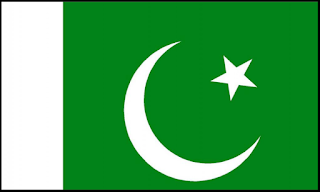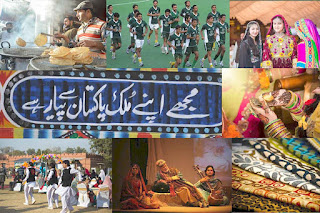History of the Islamic republic Pakistan and what was the need for a separate state? | zeetastic.com
Introduction to Pakistan History

The Islamic Republic of Pakistan in South Asia. Its strategic location at crossroads of political and religious ideologies has kept it at the forefront of world events. Its culture and history have been enriched by countless invaders, traders, and settlers who have been a part of the region's past. The country borders India, Afghanistan, Iran, China, and the Arabian Sea. It is the sixth most populous Muslim-majority country, with approximately 178 million inhabitants. It is a member of the Commonwealth of Nations and OIC.
Key Points
- Reasons for Division of Hindustan: In Pakistan and India
- Two nations Theory
- Founder of Pakistan
- The capital city of Pakistan
- Provinces of Pakistan
- Culture
- National Sport
Reasons for Division of Hindustan: In Pakistan and India
Religious Differences And an independent state where Muslims live with freedom.
The idea that religion is an important element of appreciating the nationality of Indian Muslims was initiated by Muhammad Ali Jinnah, who called it a Muslim awakening to form Pakistan. It is also an inspiration to many Hindu nationalist organizations, including the new definition of Indian Muslims as non-Indian non-Indians and second-class citizens, deporting all Muslims from India, legally establishing a Hindu state. There are many reasons. In India, the prohibition of converting to Islam, and promoting the conversion or conversion of Indian Muslims to the Hindu religion.
Founder of Pakistan
 Quaid-e-Azam Muhammad Ali Jinnah was the founder of Pakistan. He was born on 25 December 1876 and he died on 11 September 1948.
Quaid-e-Azam Muhammad Ali Jinnah was the founder of Pakistan. He was born on 25 December 1876 and he died on 11 September 1948.
Who supported him?
Muhammad Iqbal (Allama Iqbal) also supported him. He was born on 9 November 1877 and he died on 21 April 1938.
After separation, all Muslims were delighted and celebrated this development. Our great leader, Quaid-e-Azam, addressed the people of his country, that Pakistan is a Muslim country and all other religions are also welcome to live here.
The capital city of Pakistan
Islamabad
The capital city of Pakistan is Islamabad, it is a very beautiful and peaceful city.
Provinces of Pakistan
- Sindh
- Punjab
- Baluchistan
- Khyber Pakhtunkhwa
- Baltistan
National Sport
The National Sport of Pakistan is Hockey.
History of the Islamic republic Pakistan, all about of Pakistan in this Blog and what was the need for a separate state?
Thank you for joining us.














No comments:
Thank you for your feedback.